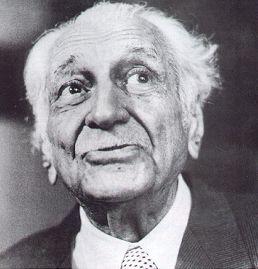Gilberto Freyre in Africa 1- Cape Verde
(…) Recent critical readings of Cape Verdean identity and intellectual history highlight the fact that Gilberto Freyre unknowingly destabilized the metanarrative of Euro-centered mestiçagem, by emphasizing instead Cape Verde’s cultural links to Africa (even if those links were impressionistically perceived by him). The overemphasis on the mulatto or mestiço dimensions of Cape Verdean culture that was hegemonic throughout intellectual discourse until the 1960s (but that still holds purchase in the realm of mentalities) has occluded the prevalence of African cultural roots and the centrality of the island of Santiago for a deeper understanding of Cape Verdean identity. José Carlos Gomes dos Anjos (2002) and Gabriel Fernandes (2002) both argue that the cultural hegemony exerted by the Claridade generation, despite the disappointment with Freyre’s visit, not only served to reinforce a Lusotropicalist discourse partially adopted by the Salazar right-wing authoritarian state in its defense of Portuguese colonialism in Africa, but further reinforced the intermediary role played by Cape Verdeans as administrators within the Portuguese colonial power structure in the other African colonies (even if a number of Cape Verdean colonial civil servants also contributed to the liberation movements and at times were considered suspect by Portuguese authorities). At an internal level, Fernandes as well as Gomes dos Anjos point out that the claridosos’ cultural hegemony ultimately excluded or marginalized the African cultural elements as well as black Cape Verdeans from an ideological and political standpoint, while exacerbating the cultural, regional, racial, and class tensions operating within Cape Verde since colonial times that are expressed through the following dichotomies: Cape Verde vs. Africa, Cape Verde vs. Europe, badiu culture vs. sampadjudu culture, and upper class light skinned vs. lower class dark skinned.
 Gilberto Freyre
Gilberto Freyre
(….)